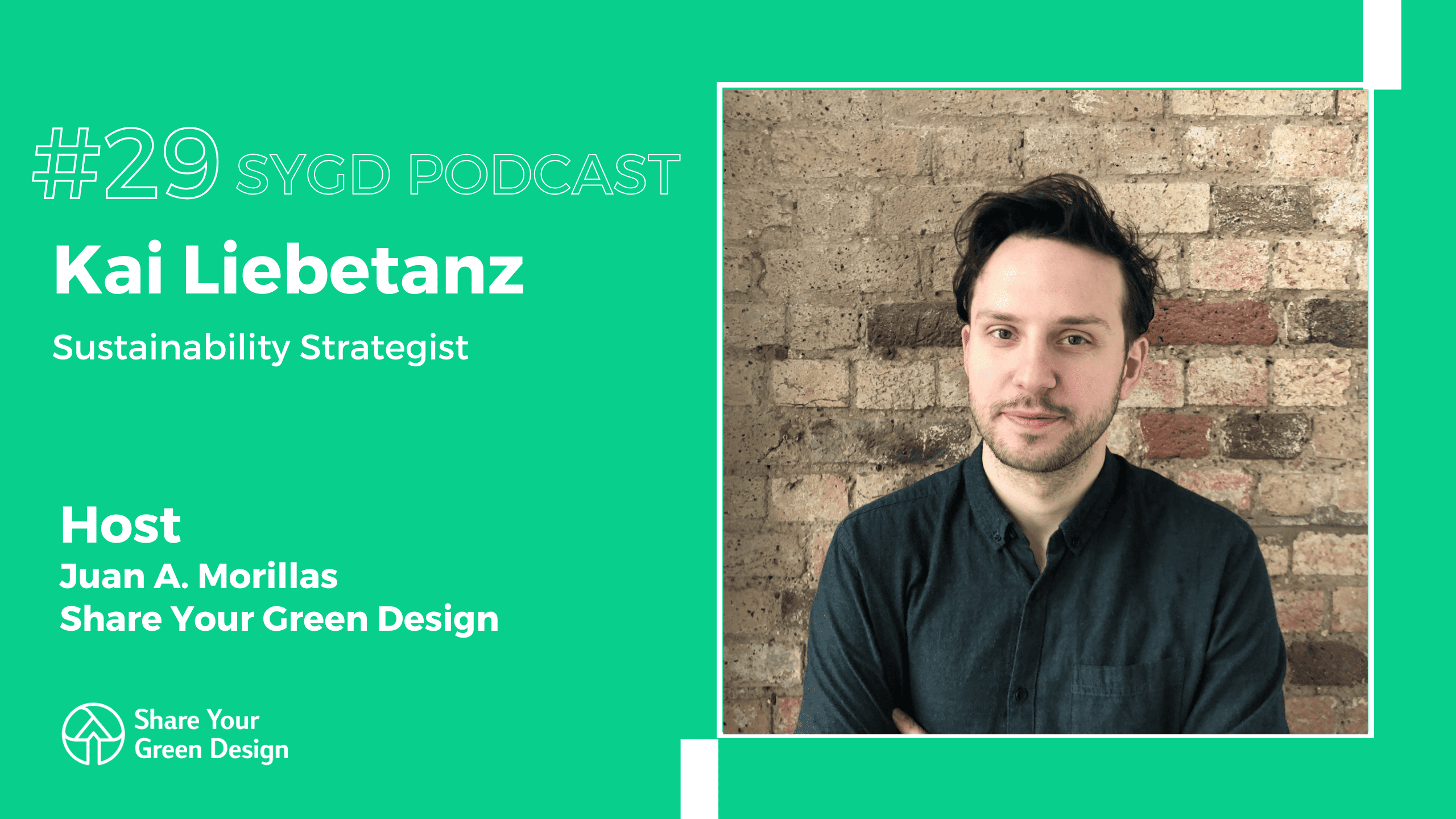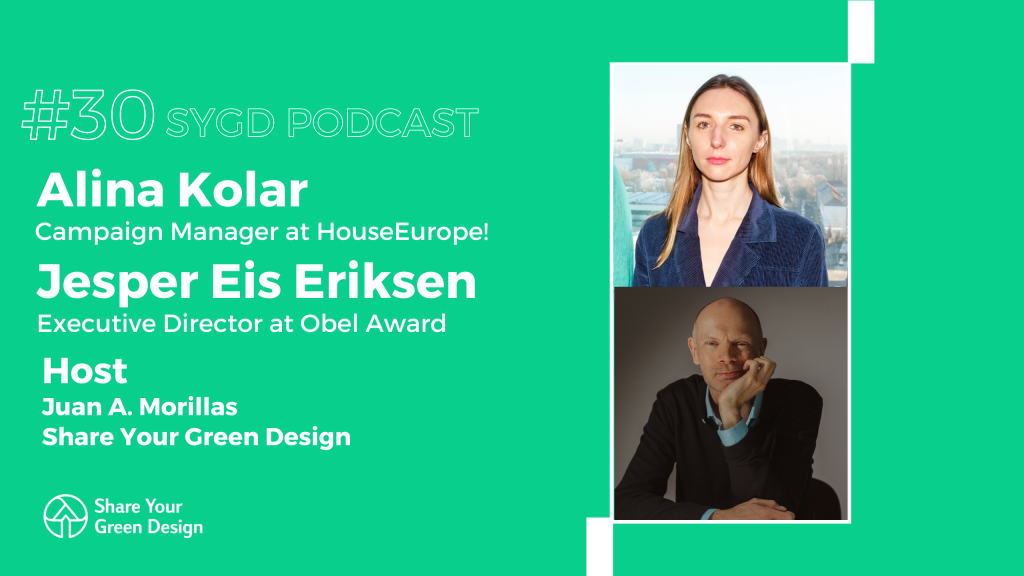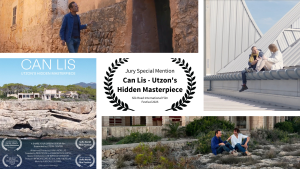#29 Kai Liebetanz
Embodied Ecological Impact. Holistic Sustainability
Media Detail
In this podcast, Kai Liebetanz explores the concept of embodied ecological impact, a way of understanding how our construction decisions affect biodiversity throughout the entire lifecycle of materials. Unlike the usual focus on operational emissions or embodied carbon, embodied ecological impact highlights the effects on ecosystems from the extraction of raw materials to the demolition of buildings. Kai points out that while urban solutions like green roofs or greener cities are frequently discussed, these actions are insufficient in the face of global biodiversity loss, as they fail to address the hidden damages within supply chains.
He argues that materials such as steel, concrete, or glass may be linked to destructive processes like deforestation in the Amazon, and this is where much of the problem lies. Therefore, he calls for a broader perspective: it’s not enough to conduct local or partial impact assessments; a holistic view is needed that combines sustainability, biodiversity, and the circular economy. In this context, the circular economy is not just about reusing materials, but redesigning the system to minimise the extraction of virgin resources and waste.
Kai also criticises the general lack of awareness about the origins of materials and the lack of tools within the construction sector to make supply chains transparent—something that is more advanced in other industries like textiles. He proposes that as a first step, architects, engineers, and developers begin by investigating the origin of at least one material in their projects. Furthermore, he advocates for the sector to unite in demanding this information as part of product environmental declarations (EPDs), in order to drive real change.
Finally, he acknowledges the cultural, regulatory, and perception barriers, such as the preference for new materials and the difficulty of certifying reused materials. However, he insists that if the proper technical information is provided and its use well-argued, these obstacles can be overcome. The overarching message is clear: we must stop viewing environmental impacts as separate problems and understand that true sustainability will only be achieved if we address carbon, biodiversity, and natural resources together.
Host: Juan A. Morillas – Share Your Green Design
Kai Liebetanz is a sustainability professional with expertise in nature, resilience, and circular economy. He is fostering systems-level change through cross-sector collaboration. In addition, Kai is championing a regenerative, nature-positive built environment by addressing the industry’s biodiversity impacts. He is working with industry professionals in order to minimise resource use by supporting the built environment to shift from our current linear economy to a circular economy.




